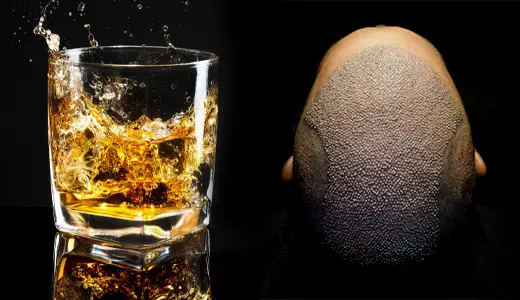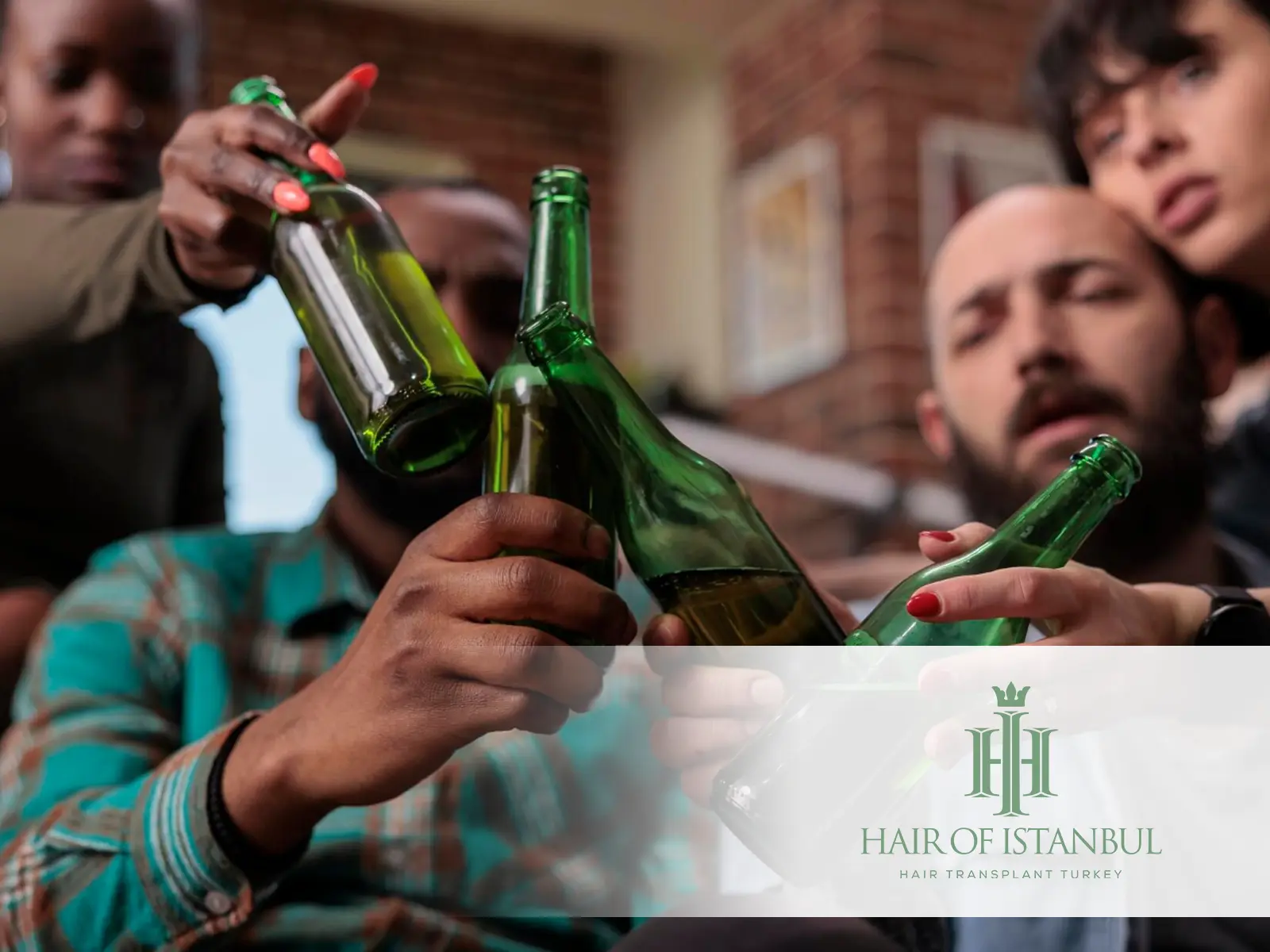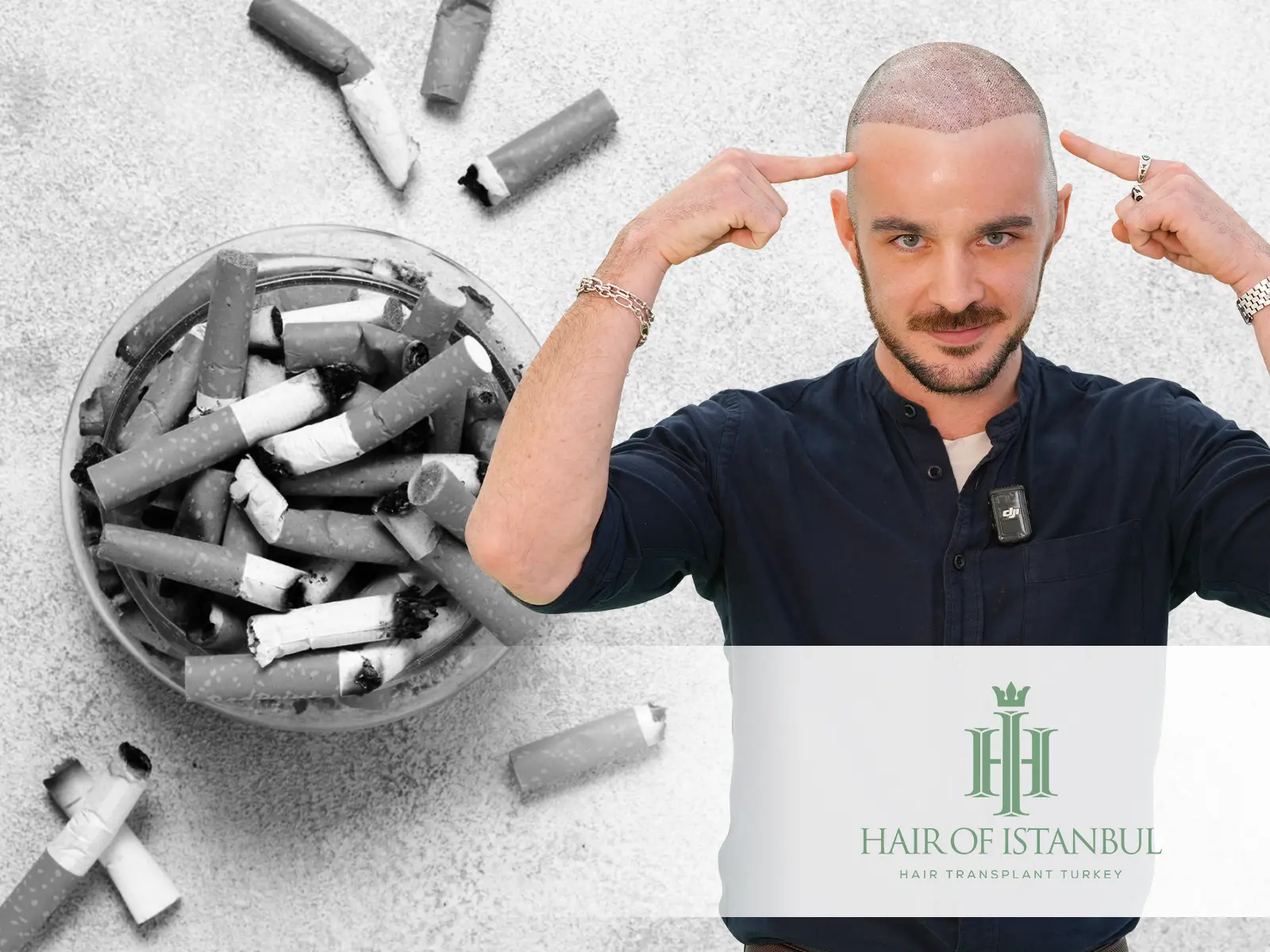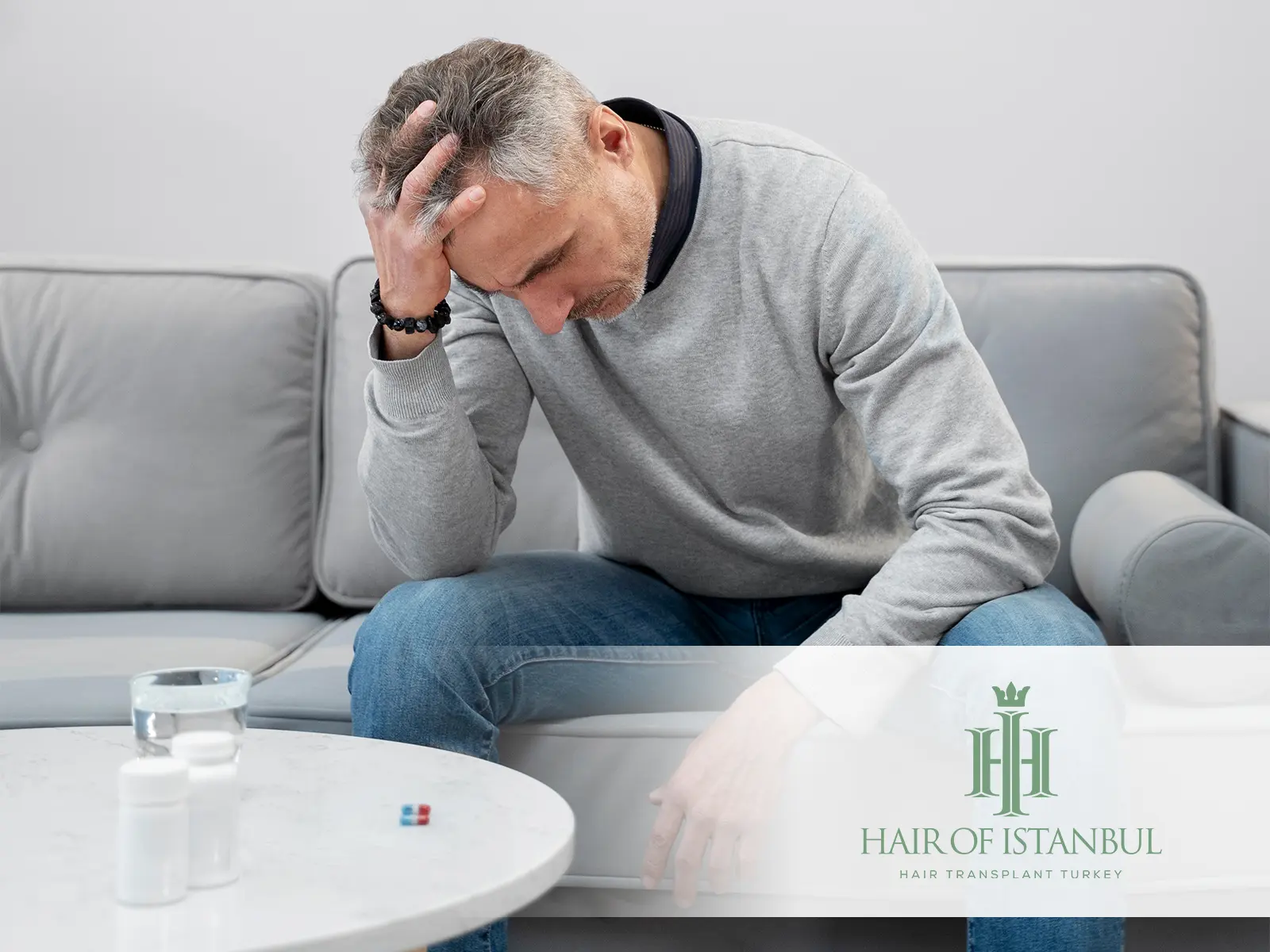Hair Transplant and Alcohol: What You Need to Know Before and After Surgery
Undergoing a hair transplant is a big step toward restoring your confidence and appearance. While many patients focus on choosing the right clinic or the best time for surgery, few consider how lifestyle choices—especially alcohol consumption—can significantly impact the results.
Hair Transplant and Alcohol is a topic that deserves careful attention. Drinking before or after the procedure may seem harmless, but it can lead to poor healing, lower graft survival, and even compromise the overall success of the operation.
Why Alcohol Is a Risk Factor for Hair Transplant Patients
One of the primary concerns with Hair Transplant and Alcohol is how alcohol affects blood flow and healing. Alcohol acts as a blood thinner, which may increase bleeding during and after the procedure. This can make it harder for the scalp to heal and the grafts to settle properly.
Moreover, alcohol suppresses the immune system. This weakens the body’s ability to protect the newly transplanted follicles and delays tissue recovery. It also dehydrates the body, creating an environment where healing is significantly slower and more uncomfortable.

Alcohol Before Hair Transplant: What Happens to Your Body
Many clinics, such as Hair of Istanbul, recommend avoiding alcohol at least one week before the procedure. This is not a suggestion but a medically-backed requirement to improve your safety and results.
When thinking about Hair Transplant and Alcohol, it’s important to understand that alcohol interferes with anesthesia and can heighten your risk for complications. Additionally, consuming alcohol before surgery can impact blood pressure and oxygen levels, both of which are critical to a smooth operation and recovery.

How Long Before Surgery Should You Stop Drinking?
For most patients, avoiding alcohol for 7–10 days before surgery is ideal. However, depending on individual health conditions, this period may be extended. A personalized consultation at a trusted hair transplant clinic will provide exact instructions based on your body’s needs.
It’s not just about the day of the surgery. Effective preparation helps the scalp respond better to treatment. This is why Hair Transplant and Alcohol should never mix in the days leading up to your procedure.
Post Surgery: Why Avoiding Alcohol Is Even More Important
The weeks following your surgery are critical for healing. During this period, the scalp is in recovery mode and needs optimal conditions to regenerate. Alcohol consumption can cause swelling, increase the risk of infection, and delay the natural growth cycle of hair.
Those interested in seeing real world outcomes should review before and after hair transplant results. In many successful cases, patients strictly followed post op instructions, including complete abstinence from alcohol.
Understanding the relationship between Hair Transplant and Alcohol helps you appreciate how even small lifestyle decisions influence long-term success.
Bu gönderiyi Instagram’da gör
Impact on Hair Growth and Graft Survival
Transplanted hair follicles need oxygen, nutrients, and a stable blood supply to survive and grow. Alcohol interferes with all three. It limits nutrient absorption, decreases blood circulation, and slows down cell regeneration.
In the context of Hair Transplant and Alcohol, alcohol may also affect collagen production essential for wound healing. This means that regular drinkers who continue to consume alcohol after surgery risk losing some of the transplanted grafts due to a poorly supported healing environment.
Psychological Misconceptions Around Alcohol and Recovery
Some patients believe that having a drink after surgery may help them relax or sleep better. In reality, alcohol disrupts sleep quality and increases dehydration, both of which slow down the recovery process.
This misconception often leads to unnecessary setbacks in the healing journey. Being mindful about Hair Transplant and Alcohol means resisting the urge to “reward yourself” too early. True recovery comes from discipline and patience.
Long Term Alcohol Use and Hair Health
Alcohol affects more than just the immediate post-op period. Over time, excessive drinking can lead to hair thinning, scalp inflammation, and even hormonal imbalances that worsen hair loss.
Even after your transplant has healed, continuing to drink excessively may work against the investment you’ve made. That’s why specialists recommend moderating alcohol consumption long after the transplant is complete, not just during the recovery phase.
For women, hair transplant for women procedures also require careful attention to post-op care. The principles behind Hair Transplant and Alcohol are equally valid regardless of gender.
Hair Transplant Clinics Strongly Advise Against Alcohol
Reputable centers like Hair of Istanbul take post-op care very seriously. They provide detailed recovery guides and lifestyle recommendations that include the risks of alcohol consumption.
Whether you’re undergoing fue hair transplant, dhi hair transplant, or afro hair transplant, one instruction is consistent: avoid alcohol for a minimum of two weeks after the procedure.
These guidelines are in place to protect the integrity of your results and minimize complications associated with Hair Transplant and Alcohol.
A Focus on Healing and Care
Your recovery requires commitment and mindfulness. Instead of focusing on what you cannot do, shift attention to what supports healing: rest, hydration, and proper nutrition. Follow the instructions on hair transplant care after pages for the best practices.
By strictly avoiding alcohol, you give your hair the best chance to regrow healthy and strong. The connection between Hair Transplant and Alcohol is not something to take lightly—it can directly impact the outcome you’ve been hoping for.
Conclusion
Choosing to undergo a hair transplant is only the beginning of your transformation. To achieve long-lasting and natural results, every detail matters—including your lifestyle choices.
The interaction between Hair Transplant and Alcohol is medically significant and should be taken seriously before and after surgery. Avoiding alcohol helps prevent complications, accelerates healing, and protects the integrity of your transplanted follicles.
For expert guidance tailored to your needs, consult with Hair of Istanbul and start your journey with clarity and confidence.







